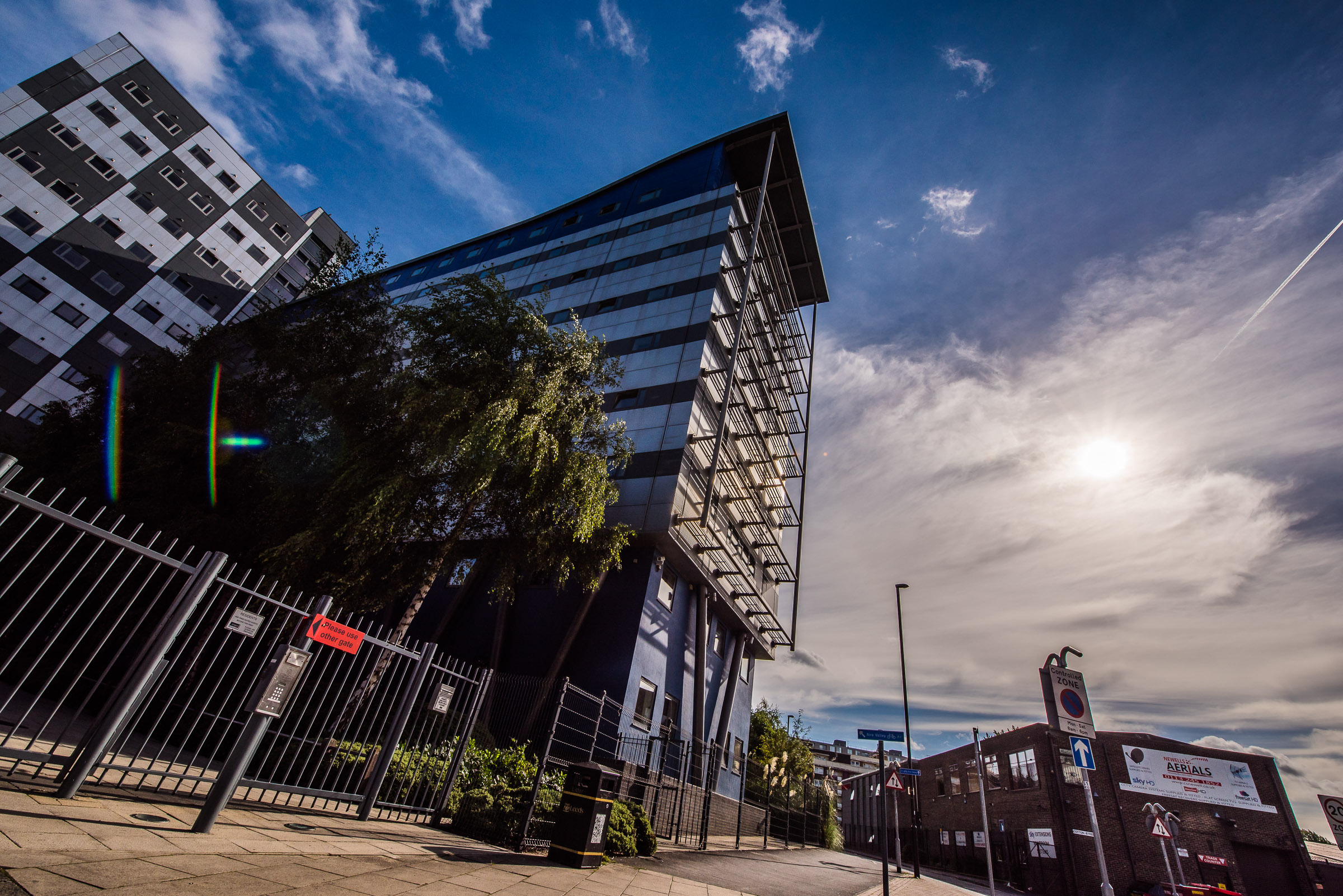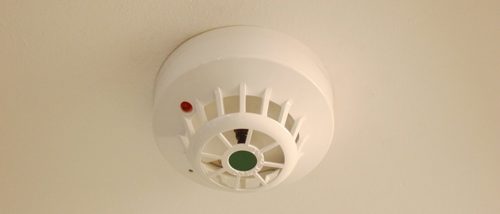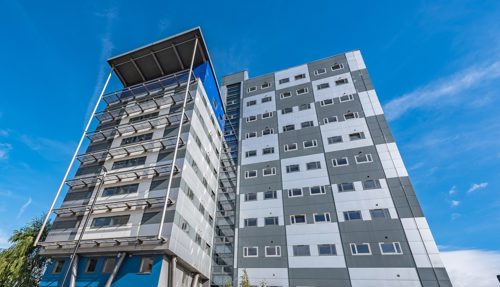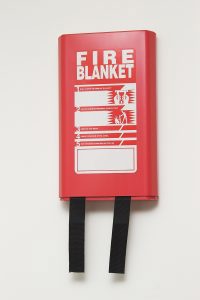
Following the tragic fire at Grenfell Towers in London, Unipol issued information and advice to its student tenants. Following the recent fire at The Cube in Bolton, this has been updated.
There is understandable anxiety about fire safety in properties, particularly high rise properties – so it’s time to take stock of where we are and how things work in Unipol Housing.
Fire safety, and all aspects of health and safety is the top priority at Unipol and we want to reassure our tenants that their safety is an absolute priority. The details of fire safety arrangements are different for different types of property but how the systems work and what you should do in the event of a fire are displayed either in your room or by the fire panel in your house or flat.
Unipol has a robust fire risk assessment regime and we make sure that our buildings, policies and procedures comply with existing regulations and have the necessary systems installed and staff are trained to undertake proactive and reactive fire safety management, which includes building inspections and routine fire alarm testing.
How Fire Safety Works
Although systems can be complex there are some basic principles that it are helpful to understand.

Fire safety consists of the following key elements:
Detection
Having smoke and heat detection that sets off an alarm to tell you if there is a fire detected
Fire containment
Each room is designed to contain any fire for half an hour and, in flats, the flat is designed to contain a fire for an hour. That is why room doors are half hour fire doors and most have self-closers, so that they are always kept closed for containment purposes
Escape
Each house or flat has an exit route that is protected from fire from the rooms surrounding it. In a house, the fire doors create a protracted route of escape (that does not go through any high risk areas such as a kitchen) to an external door which can be opened without the use of a key. In larger buildings there are dedicated stairwells that lead directly to outside the building – these areas are kept “sterile” which means they are empty of anything that could encourage a fire to burn. Where escape routes are over a certain distance or involve some signage to tell you where to go these areas are lit by emergency lighting which is tested regularly.
In addition to meeting all regulatory requirements, Unipol has an additional independent assessment made of all its buildings under the 2004 Housing Act Housing Health and Safety Ratings System every five years and any deficiencies are attended to.
High Rise Buildings
Mill Street and Grayson Heights Student Accommodation

Unipol has two building that are high rise: Mill Street (10 floors) and Grayson Heights (12 floors).
Neither building has any Aluminium Composite Material (known as ACM cladding such as was fitted at Grenfell Towers) or High Pressure Laminates (known as HPL thought to be fitted at The Cube Bolton). The Government updated its advice on high rise building cladding systems on 18th July 2019 and Unipol is fully compliant with that advice.
Both have full fire risk assessments and a pro-active fire safety regime with weekly testing. Because both contain shared student accommodation they have the highest rated zoned smoke and heat detection systems with central monitoring in all rooms, in the lobbies and and in the stairwells. Both developments have firefighting lifts and “dry risers” which are outlets for water on each landing allowing fire fighters to draw water for firefighting on each floor.
Both buildings meet the highest fire safety standards and are intensively managed to ensure full regulatory compliance.
The vast majority of fires within high rise blocks are contained to the flat where the fire started. Those occupants of flats not involved in fire are safe to remain in their flat subject to the fire being contained to the flat of origin. If any tenant feels that they are ever in immediate danger they should GET OUT and leave their flat closing all doors behind them. Use the stairs and never use the lift.
Both buildings have full alarm and detection systems that allows tenants to be alerted if there is a fire. These are very noisy and are impossible to avoid.
Unipol tests its evacuation systems annually and both developments will have this test undertaken later this year.
Unipol’s Health and Safety Policies are in the public domain and have always been accessible to anyone visiting our website. If you want to see the whole detailed policy then you can consult it here.
This policy is regularly reviewed and was last reviewed in November 2019.
Fire Safety Awareness

Please read carefully and familiarise yourselves with fire safety information displayed on notice next to fire panel in your flat or in your room.
If you discover a fire call 999 immediately, from any phone and leave the affected area straight away.
You can do a lot to minimise the chance of a fire occurring:
- Always be in the kitchen in you are using an open flame, avoid chip pans when cooking and never prop fire doors open.
- Never store waste in the corridors to your flat.
- A fire blanket is provided in each kitchen and family residents are also provided with a small dry powder fire extinguisher to deal with any minor incidents.
- All fire equipment is vital, so help us to keep it in working order as intended and report any items of concern to Unipol immediately.
In Conclusion
We want you to feel safe and secure in our properties and to have confidence that we run things property and have rigorous health and safety routines to ensure that we are more than fully compliant with the regulations that govern fire safety in your dwelling.
If you have any questions or would like any further information then you can always contact us here housing@unipol.org.uk.

